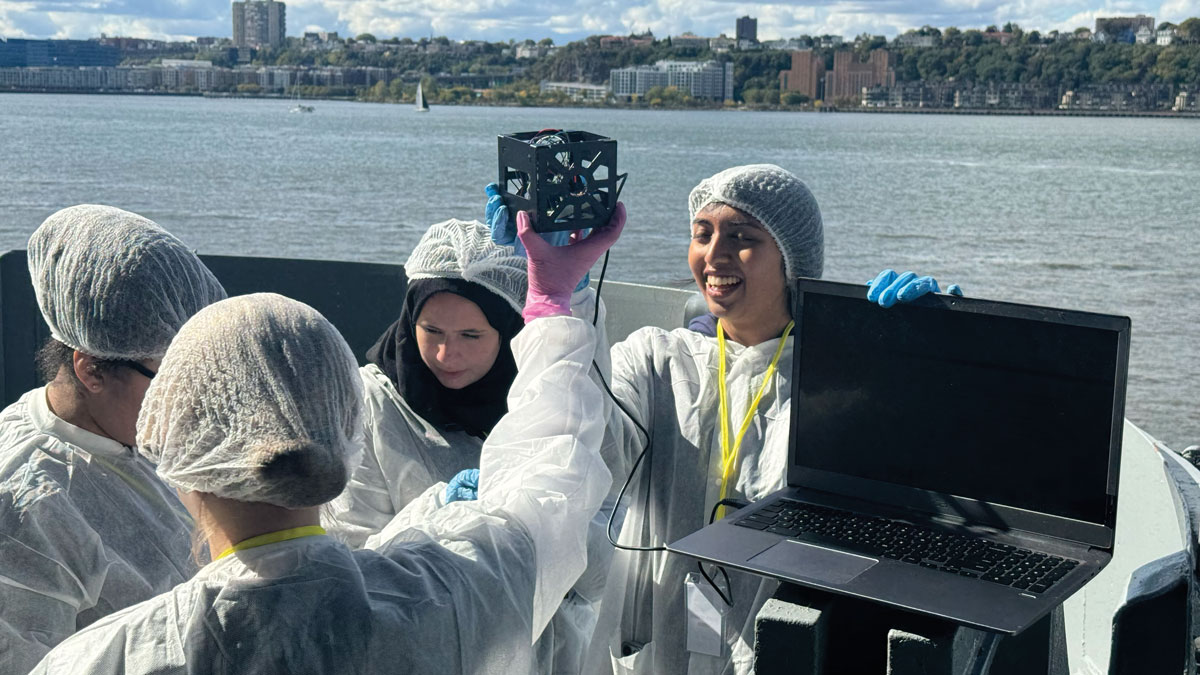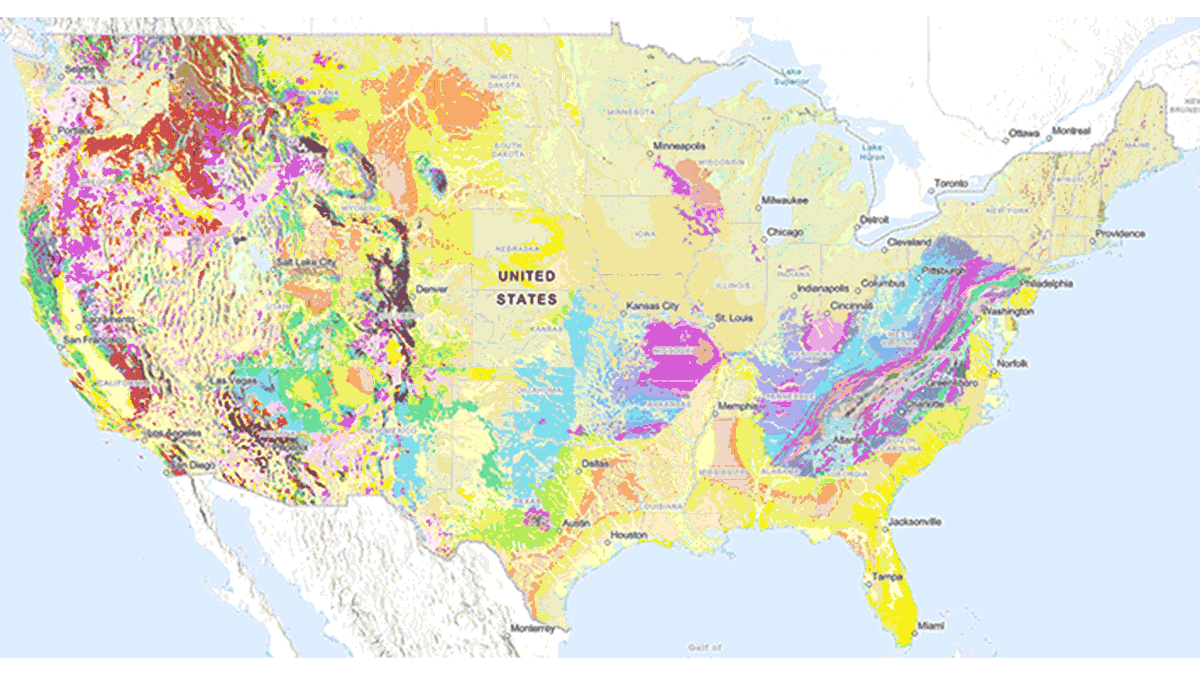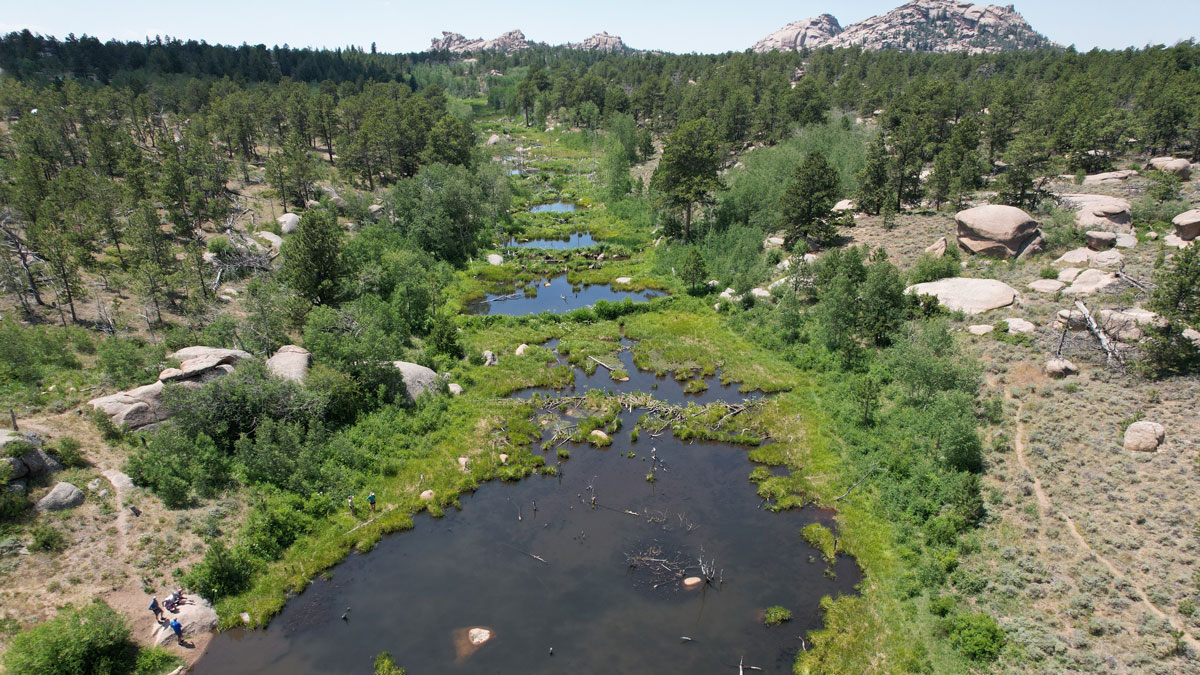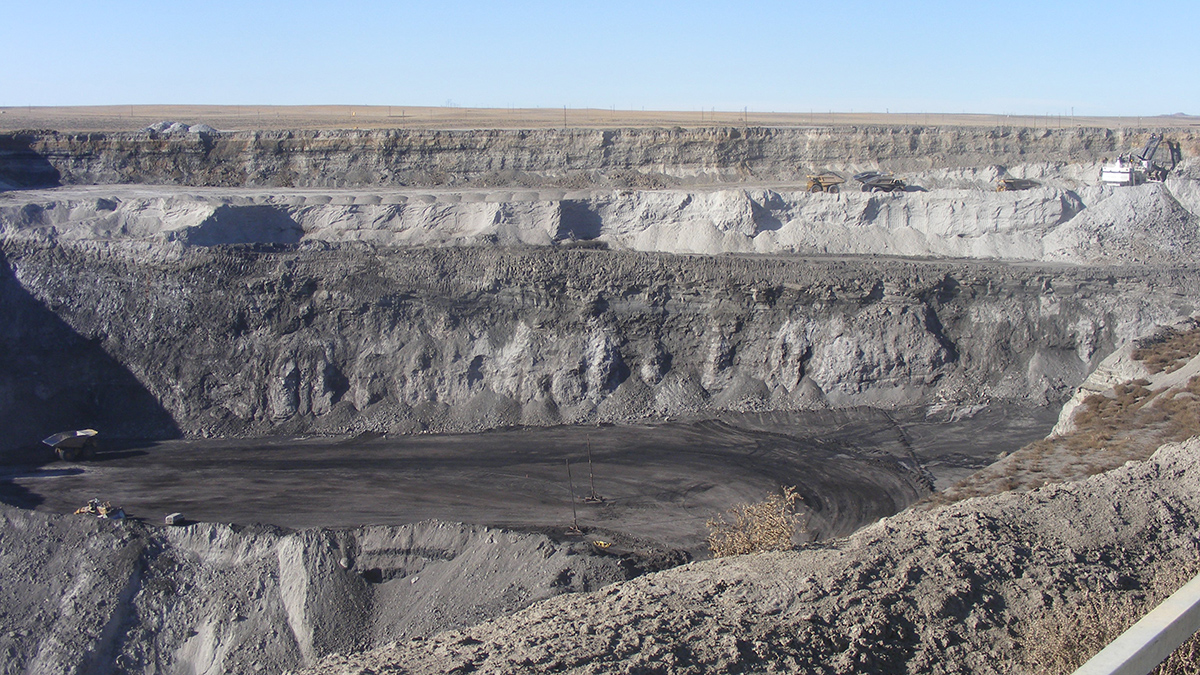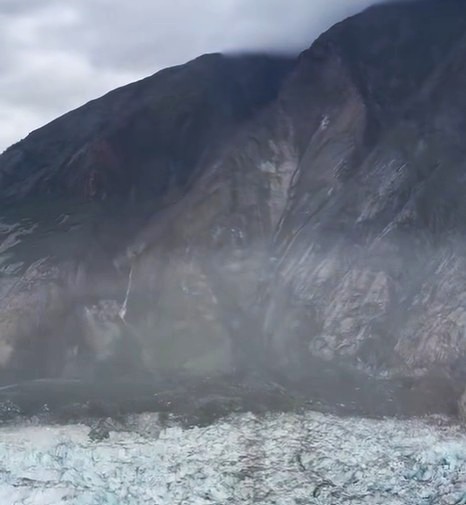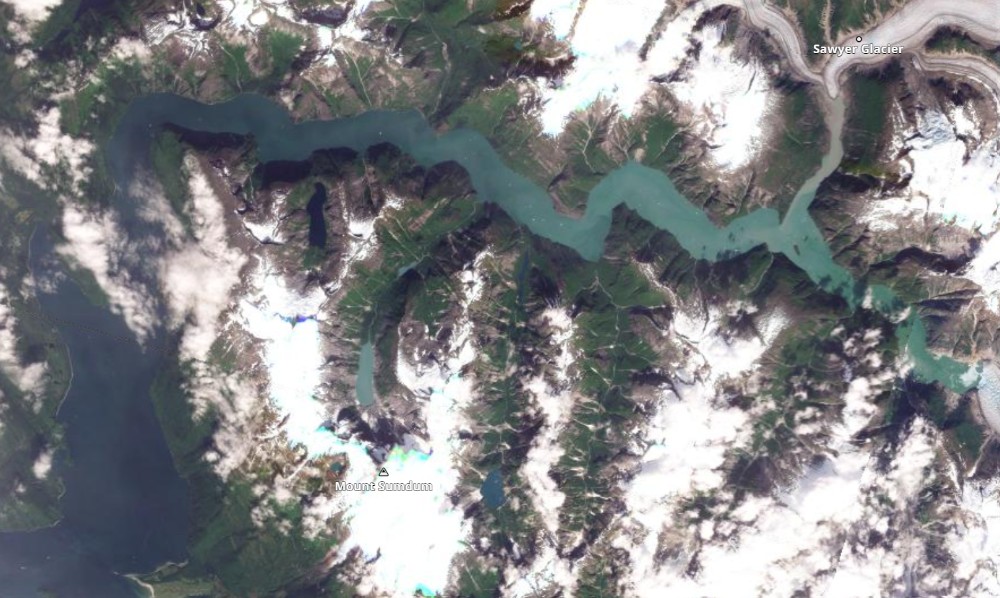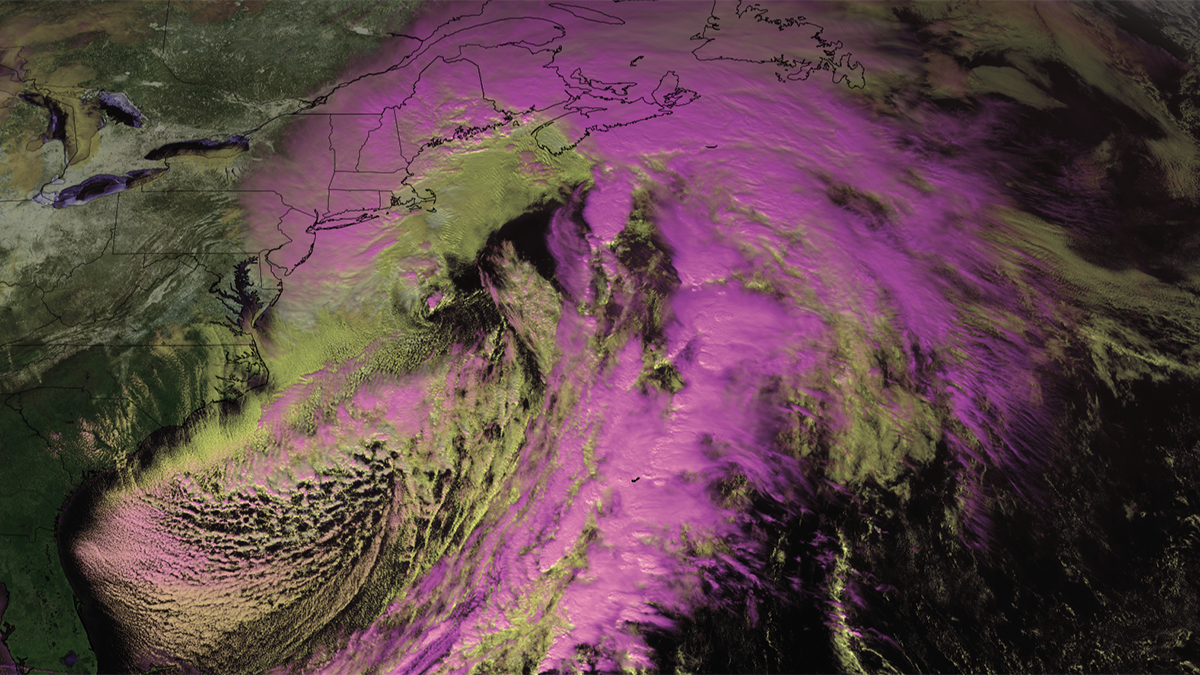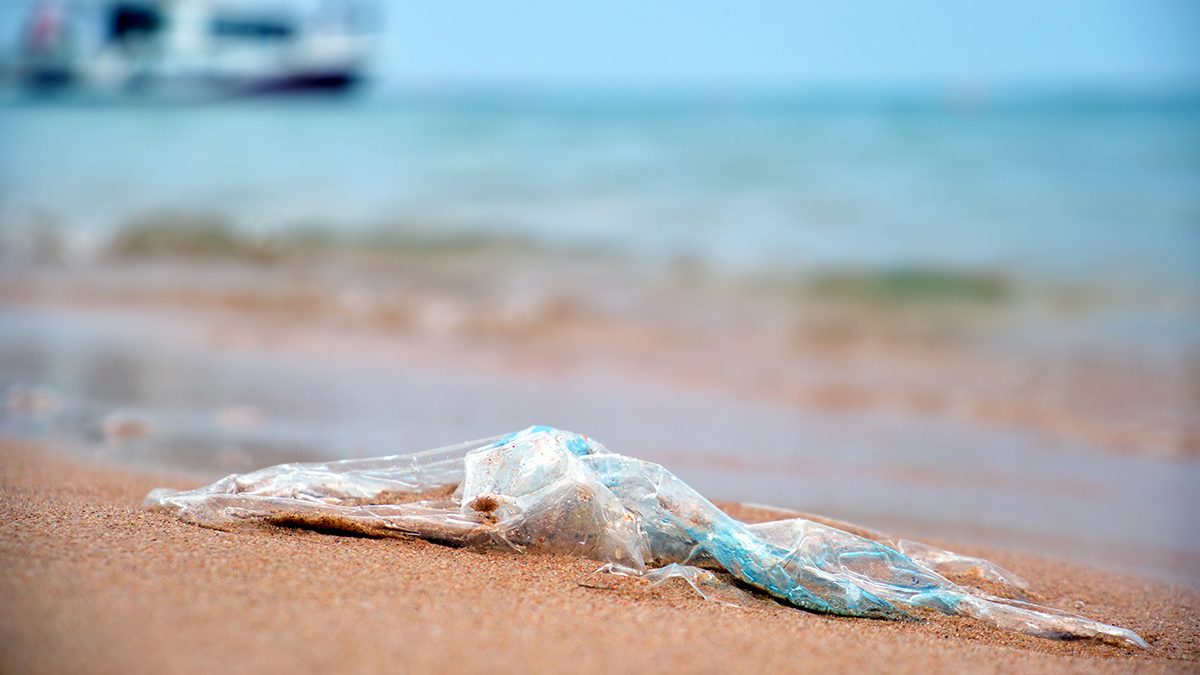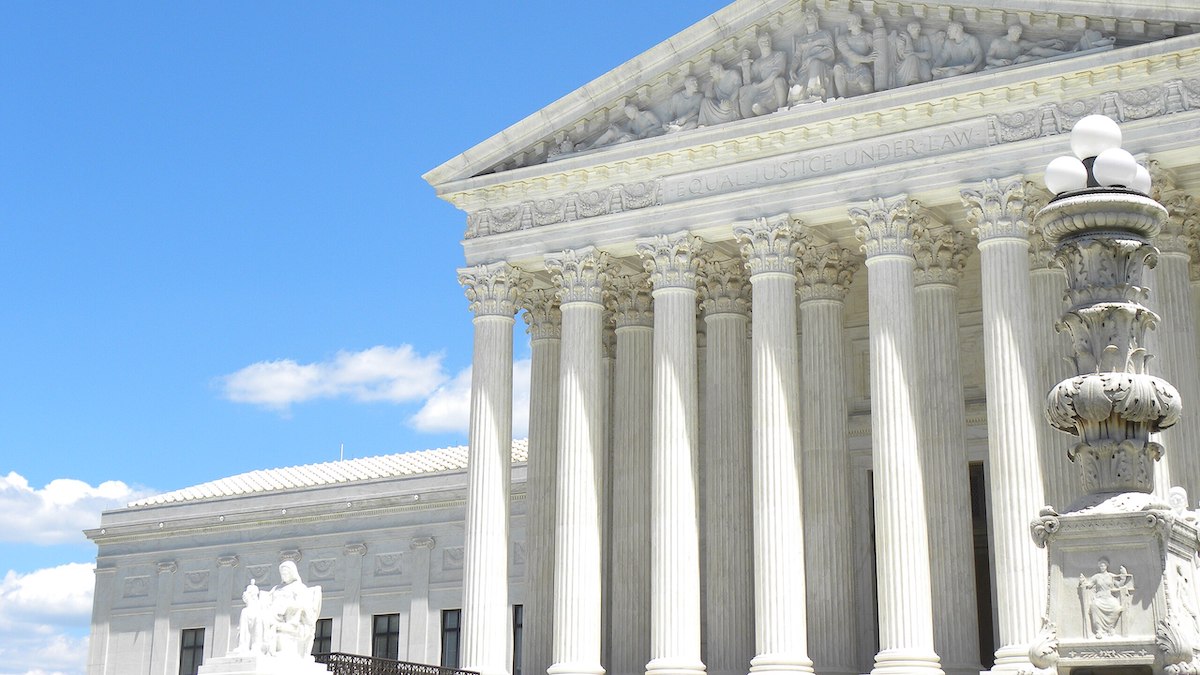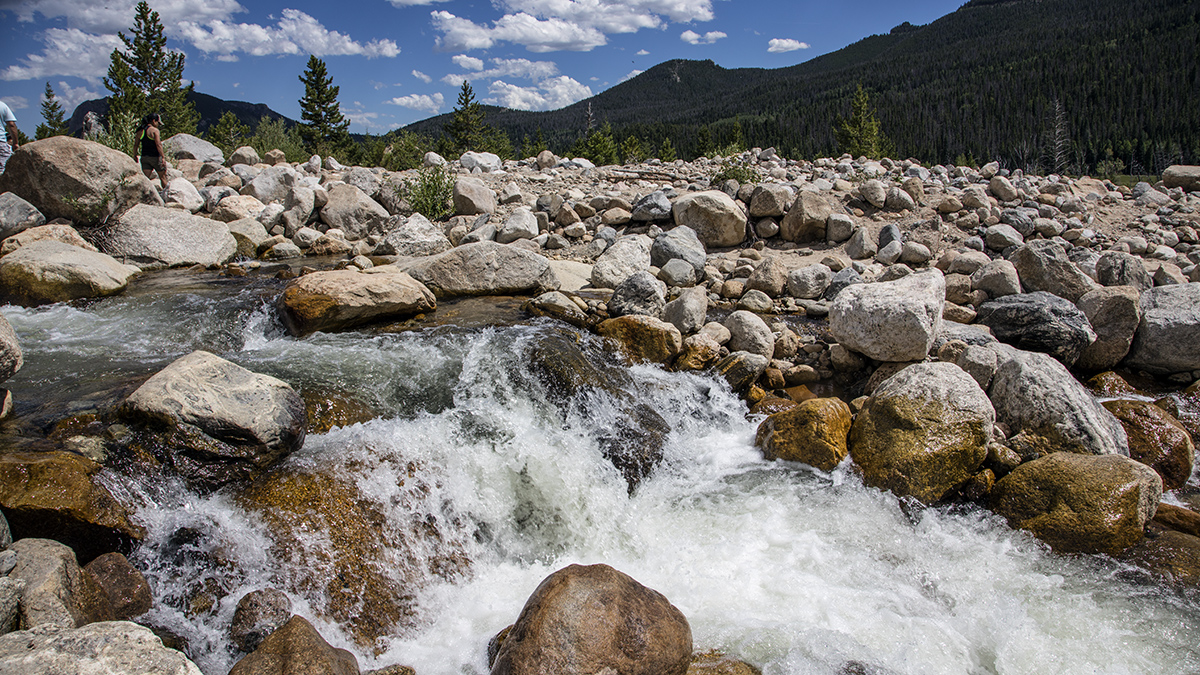Programs that teach students to design, build, and launch tiny satellites are helping to inspire the next generation of space scientists and engineers.
United States
New USGS Map Offers an Interactive Look at the Rocks Beneath Our Feet
The Cooperative National Geologic Map is an interactive tool that builds on both cutting-edge technology and decades of mapping by geoscientists.
What Makes Beaver Ponds Bigger?
For the first time, researchers are able to add hydrologic estimates to find where reintroducing beavers could best benefit a watershed and the humans who live within it.
By 2051, Emissions from Coal Mining on Federal Lands Could Drop by 86%
Researchers predict that if early 2024 policies hold, emissions related to coal’s extraction, transportation, and combustion will drop over the next 25 years.
Updates from the Alaska Earthquake Center regarding the 10 August 2025 landslide
The location of this major event has now been identified. It was a major rock slope failure that ran out across the South Sawyer Glacier. The Alaska Earthquake Center has now provided a detailed update about the 10 August 2025 landslide that occurred in the area of Tracy Arm. This work has been led by […]
A likely large, tsunamigenic landslide in Tracy Arm inlet, Alaska on 10 August 2025
Seismic data and eye-witness reports of a displacement wave point to a large landslide at 5:30 am. On 10 August 2025, at 5:30 am local time, the Alaska Earthquake Center detected a seismic signal that was almost certainly generated by a landslide. They have posted the record of the seismic signal to Twitter. Their posting […]
New Research Shows More Extreme Global Warming Impacts Looming for the Northeast
One new study identifies a 17% increase in the destructive potential of the strongest nor’easters, while another bolsters links between Arctic ice melt and dangerous blizzards.
Policy Success: Fees and Bans on Plastic Bags Reduce Beach Trash
Regardless of the patchwork of regulations aimed at limiting plastic bag use in the United States, new research indicates that such legislation does, indeed, limit the number of plastic bags found on beaches.
Supreme Court Lets Trump Proceed With Mass Firings
The Trump administration can act on its planned restructuring of the federal government, the United States Supreme Court announced in an 8 July decision.
Years-Old Groundwater Dominates Spring Mountain Streams
Alpine rain and snow take much longer to percolate into western U.S. streams than previously thought, adding complexity to long-standing hydrologic models.

